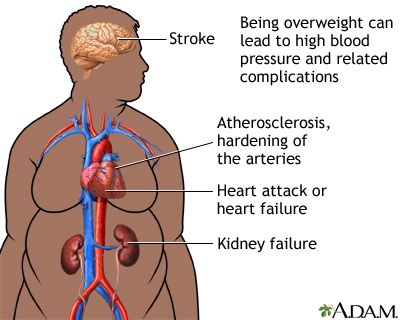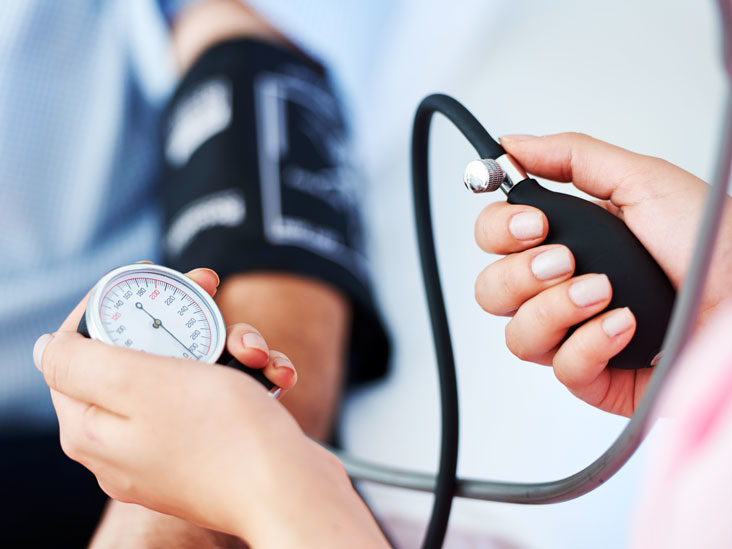
There are two main high blood pressure types, primary and secondary. Primary hypertension is the most common form and usually occurs after a number of years. It is likely to be the result of lifestyle and environmental factors and may increase as you get older. The other type is called secondary hypertension, and is caused by a medical condition or drug reaction. This type is more common in children and younger adults. Here’s a list of common symptoms and risk factors for high blood pressure.
Isolated systolic hypertension occurs when diastolic pressure is within normal range but systolic pressure reaches 140 mm Hg. This is more common in adults than in children and is usually caused by an abnormality in the kidney arteries. Isolated systolic hypertension can be an indication of a more serious underlying condition and requires medical attention.
Isolated systolic hypertension is often overlooked, and occurs when the diastolic pressure remains within normal limits but systolic pressure is high. This type of hypertension is relatively common and can occur in young adults and pregnant women. While it is rare, it is dangerous for pregnant women and can lead to complications. Symptoms may be sudden and severe, but the signs and symptoms are often mild enough to be ignored.
Isolated systolic hypertension is a condition that only occurs in one percent of hypertension patients. It is more common among African Americans, young men, and pregnant women. This type of hypertension is typically associated with an abnormality in the kidney arteries. If the pressure is greater than 130 mm Hg, it is considered malignant and should be treated immediately. The symptoms may include confusion, numbness in the arms and legs, and chest pain.
Isolated systolic hypertension can be caused by a variety of different causes. In some cases, it is a symptom of another underlying disease. A patient with this type of high blood pressure may have an underlying medical condition that affects the kidneys or causes damage to the kidney arteries. The most common form is the most common, but it is not always the only cause of high blood pressure.

Isolated systolic hypertension is the most common type of high blood pressure. It is caused by an abnormality in the kidney artery. It is not a life-threatening condition, but it is a medical emergency. A patient with this type of hypertension should see their physician regularly. In addition to the above mentioned, it is important to know the symptoms of isolated systolic hypertension and any other complications.
Resistant hypertension is an advanced form of high blood pressure that is usually caused by an underlying medical condition. It usually manifests as a symptom of a specific medical problem. However, there are many other forms of high blood pressure. If you have an inherited tendency to have one or more of these conditions, you may be at risk for this type of high blood pressure. If you have resistant hypertension, it is a sign of a broader health problem.
Isolated systolic hypertension is an isolated form of high blood pressure. It occurs when systolic pressure exceeds 140 mm Hg, even though the diastolic pressure is normal. The systolic pressure is a medical emergency. It is usually a medical emergency. When the blood pressure is over 130, it is considered severe. If it is higher than 140 mm Hg, it is considered malignant hypertension.
Isolated systolic hypertension is the most common type of hypertension. The diastolic pressure remains normal and is only elevated during systolic pressure. The symptoms of this type of high blood pressure can be difficult to identify. People who have isolated systolic hypertension should be treated with medication. They should be able to tolerate the medications that their doctor prescribes for them.
In addition to a family history of high blood pressure, genetics is a significant risk factor. A family history of hypertension increases the risk of several different types of cancer. While hypertension is not the only cause of death, it is a serious concern that can cause serious problems, including stroke. Regardless of whether you’re at risk, it’s important to seek medical attention for any signs or symptoms of high blood pressure.